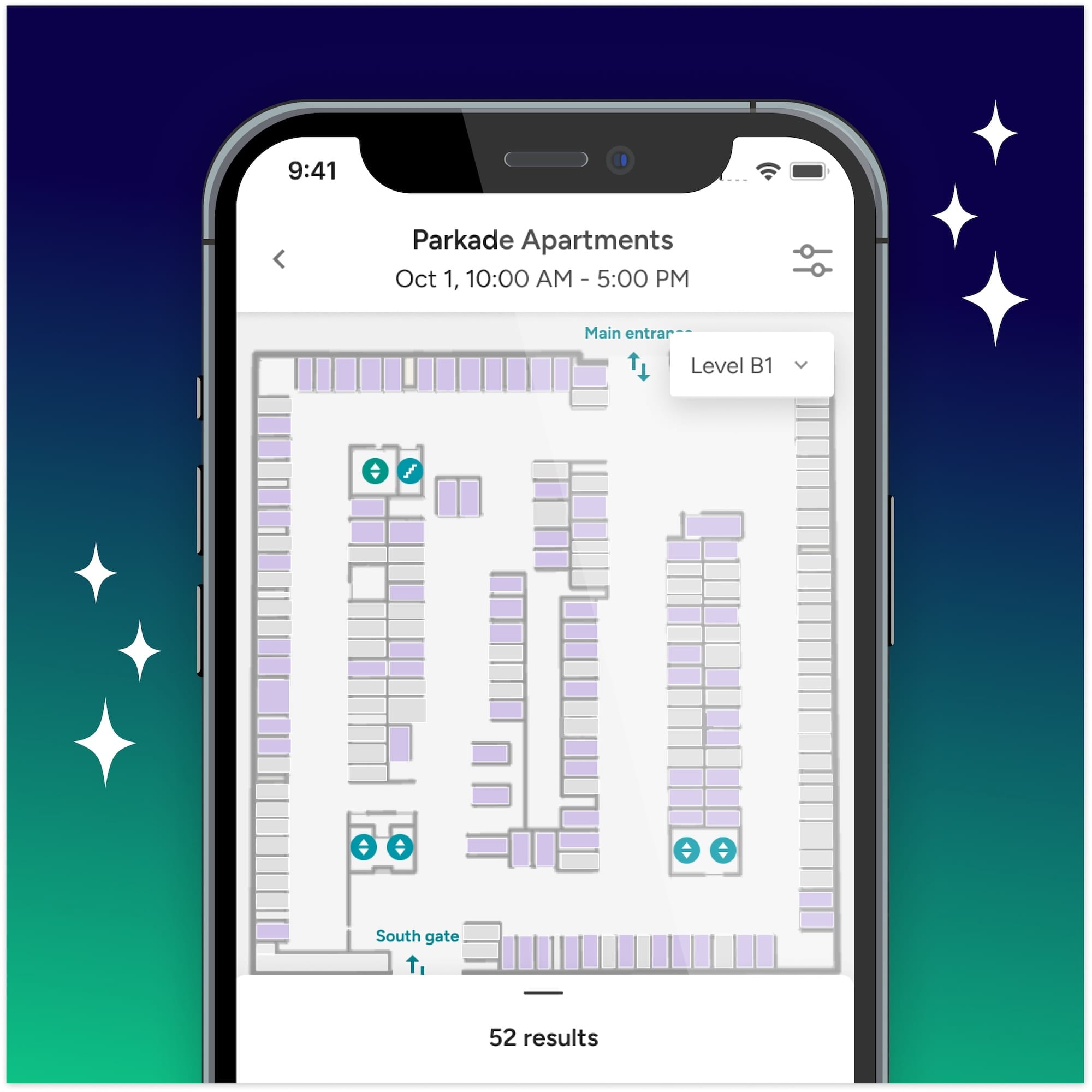

TABLE OF CONTENTS
In April of 2019, Victor Pontis did something ordinary — he grabbed a table and chair, and sat down to do some work. What was out of the ordinary, though, was where he did it: In a parking spot.
As one does, he announced his work location in a tweet:
The tweet quickly went viral, and soon, Victor's whimsical idea was spreading like wildfire. From France to Santa Monica to New Zealand, others joined in on the fun and propped up tables and chairs around the world. He coined the idea of working from a parking spot WePark, and invited anyone to join the fun.
This year, to commemorate the occasion, Victor had big plans to do an anniversary event in April of 2020. And then COVID-19 hit, states issued lockdown orders and took his grand plans down it with the orders.
Victor was building on an evolution of the idea that's slowly spread over the last 15 years: That parking can and should be repurposed parking for other things. In a twist of fate, while COVID-19 nixed an anniversary, the COVID-19 recovery has spread the idea of repurposing parking faster than even Victor could have dreamed.
In light of the massive explosion in popularity — and mass legalization, often through emergency measures — we're seeing in downtowns across America, we sat down with Victor to revisit the 2019 WePark spark that helped ignited imaginations in 2020.

Parkade team: So, a lot has changed since last year. What do you think about the fact that businesses and cities all over the world are repurposing parking for all sorts of things now?
Victor Pontis: It's been amazing to see. It's not a huge surprise actually, because car storage is generally such an underpriced use of such prime urban real estate. So when businesses look to better utilize outdoor space, the parking space out front makes complete sense.
Obviously COVID-19 is a terrible thing, but as part of the recovery, I have loved seeing all these parklets spring up and make people rethink how we use street space.
Parkade: What role if any do you think WePark played in helping ignore the parklet movement?
Victor: Parklets weren't new by any means, but I think what I tried to demonstrate to people is how silly the economics of parking are. If it's really only going to cost $.25/hr to get a prime parking spot in one of the most valuable real estate markets in the world, why not use that space for something creative and an economically productive, like coworking?
I think, even if briefly, it got people thinking that "Maybe we should use this space for something else."
Parkade: Do you think, as part of this parklet craze, we'll see a more permanent shift in how people use parking?
Victor: I really hope so! Businesses all over the place are taking the parklet/WePark idea to the max, and taking over parking spaces for their business needs. What's crazy is that, pre-COVID, that was pretty much illegal in most places. Suddenly, cities and businesses are seeing the value in using prime real estate for dining, or workouts or retail racks and having people park elsewhere.
After all, people drive places to go somewhere and visit a business they love, or spend time in a great neighborhood. No one is driving someone just because the parking is great. I think this new explosion in popularity of parklets could really push people to rethink what's possible, and stop doing things like requiring minimum parking requirements for some or all businesses, or at least giving people and businesses more control over how they use their outdoor space.
Parkade: What's your favorite parklet use you've seen as part of the COVID recovery?
Victor: Honestly, it's simple, but it's just expanded dining space. Perhaps it's not as creative as something like coworking, but I believe it's what cities need most — more vibrant spaces for people to eat and drink. So many cities are lacking car-free plazas — San Francisco, one of the most car-free cities in America, has nearly zero streets that are shut to cars and only open to dining.
It's been amazing seeing so many restaurants expand their dining space as part of this recovery, and it's my favorite part.
Parkade: Any advice for businesses wanting to take over their parking space?
Victor: Just do it! If it's legal, build a parklet in front of your business as soon as you can (hint: Parkade has a great guide for businesses on creating parklets and the different design options out there). If it's not legal, ask your city council or mayor why it isn't, and get them to change that law.
Parkade: How can regular people get involved in transforming street space?
Victor: Well, they should definitely visit the WePark website and sign up! We do plan to have more events, even though we missed the one-year anniversary due to COVID.
Moreover though, people should think creatively about how they make an example out of how silly our parking policies are. We took a desk and chair, paid the meter and coworked in a parking spot. At $2.75 for an hour split by some friends who joined me, it was far cheaper than a WeWork for 2 hours! That's partially because we massively parking (which is pretty much only used for car storage) here in the US.
Whether it's a business applying for a parklet, pushing to only open a street for diners and pedestrians, or grabbing a chair or a kettlebell and renting a spot for your own non-auto use for an hour, I hope people will just get active, and get silly, and show people how we can do new things with parking.
Parkade: You seemed to like the 'silly' part of that.
Victor: Definitely. From racial justice to climate change, there are a lot of really serious, really important protests going on in the world.
What I love about what we did is we did something kind of silly. We didn't take it too seriously, and tried to be light-hearted. And I think that's one of the things that resonated with people.
Some things are serious and should be treated as such. But with other demonstrations, we should bring some levity to how we demonstrate a new concept. It just might be the thing that makes people emphasize, and change their mind.
Parkade: So, what are you up to these days, beyond parking?
Victor: Thought you'd never ask! It'a also pretty COVID-related. Seeing the popularity of video conferencing generally, and Zoom specifically, I've launched a service that lets people create their own branded landing pages for Zoom events. Teachers, trainers, cooks and all kinds of people that host both free and paid Zoom events are using it. It's called ZmURL — check it out! We just passed 10,000 events on the platform.
Parkade: Congrats! How many of those events were in a parking space?
Victor: Ha! I'll bet you one thing: We'll see a lot more events in parking spaces this year than ever before. And hopefully it only grows from here.
.jpg)
As parking management becomes increasingly digital, security becomes critical — and we’re excited to share that we've achieved a major security milestone.
Read Story
We’re thrilled to announce one of our most significant leaps forward this year: the launch of dynamic maps across our mobile and web applications.
Read Story
Now that AB 1317 is official, it’s time to brush up on the requirements and see how your properties stand to benefit.
Read Story